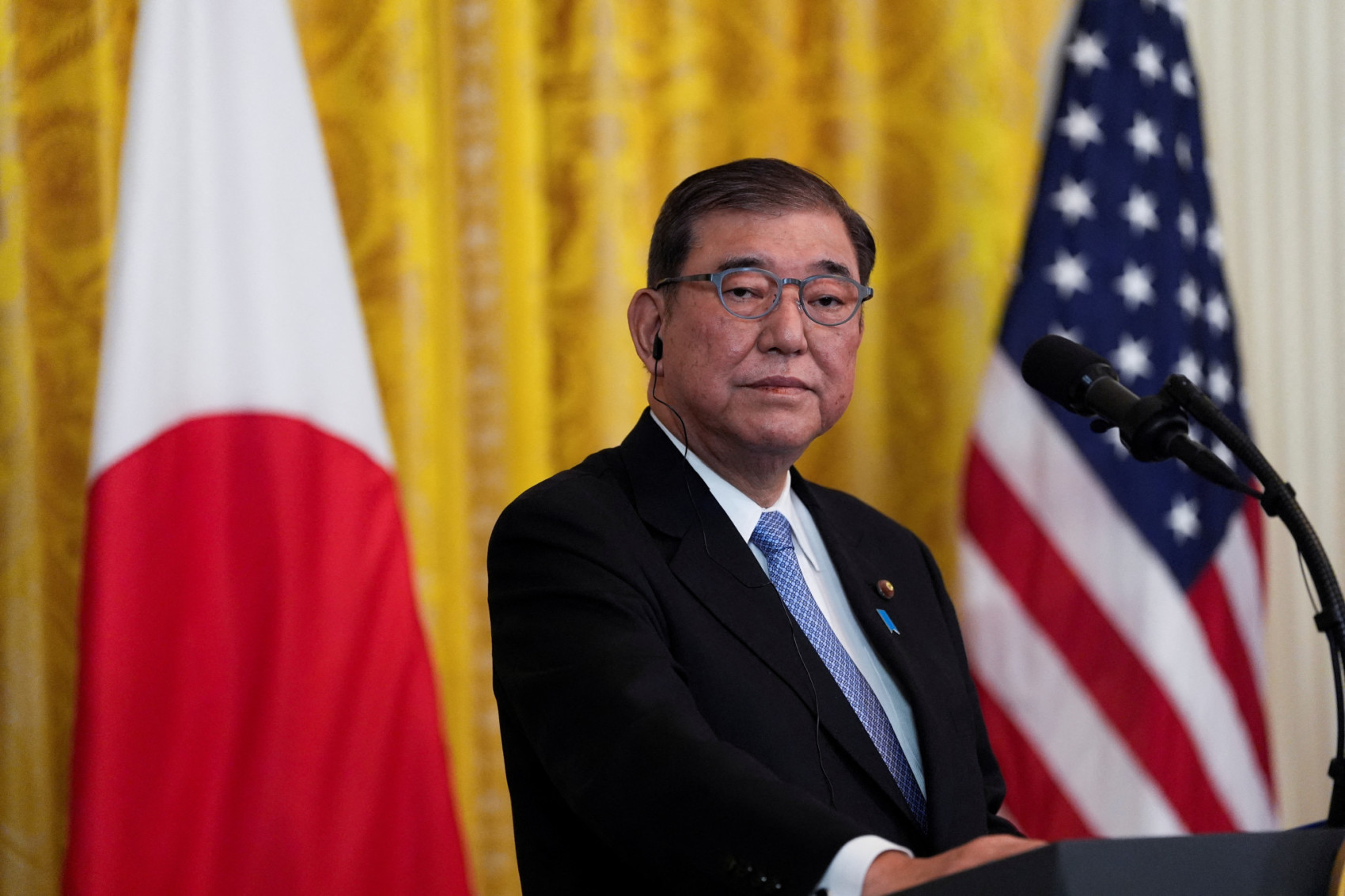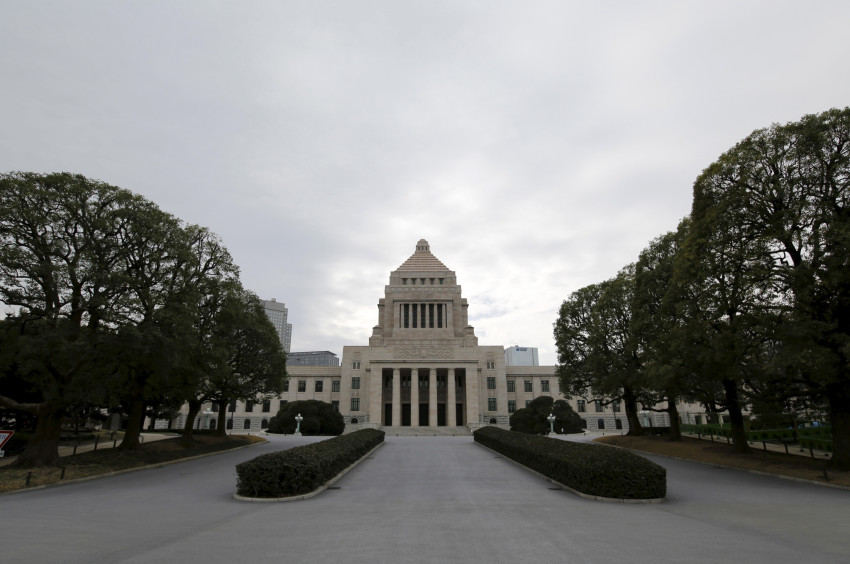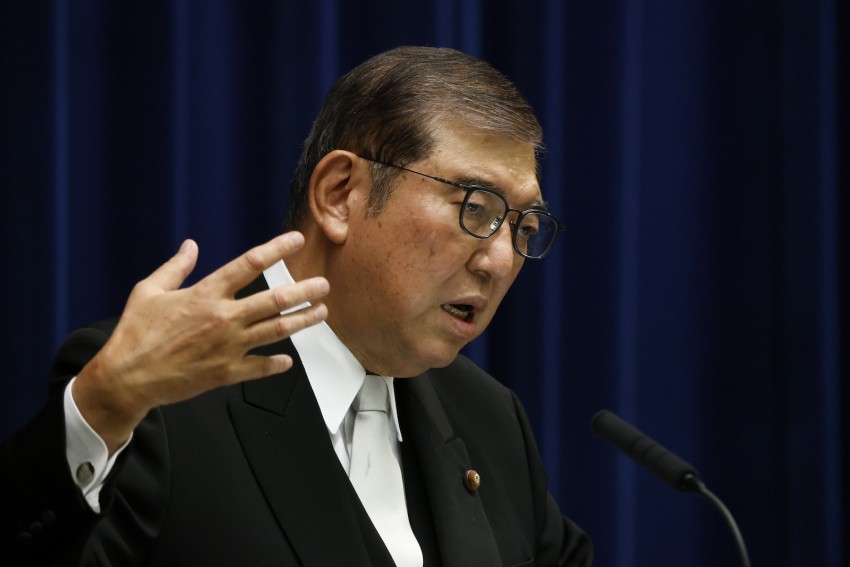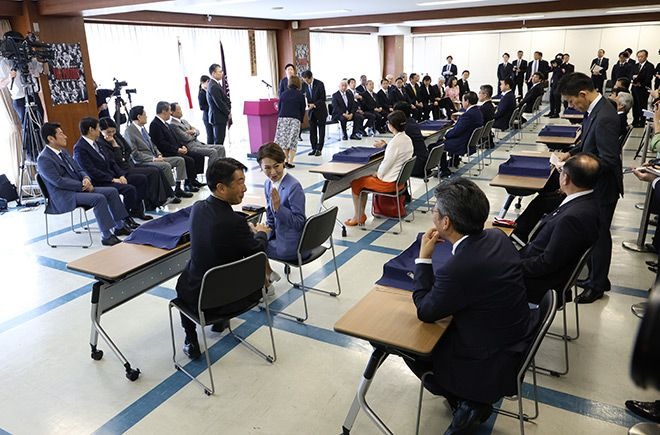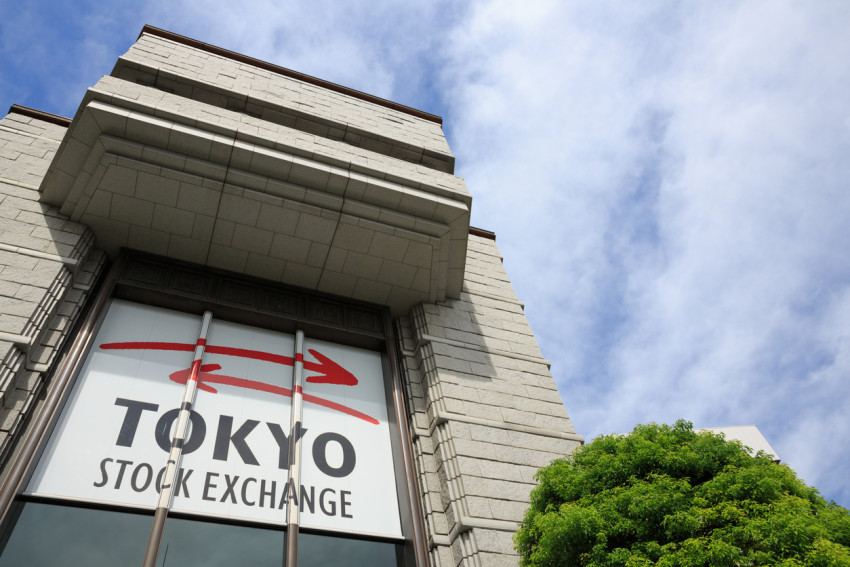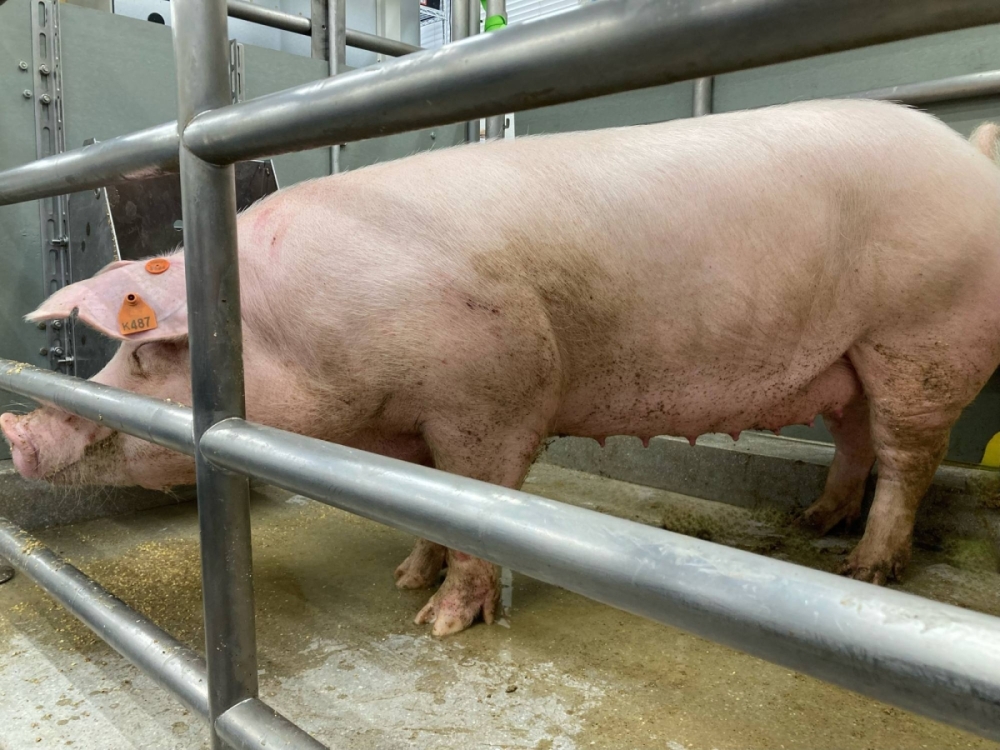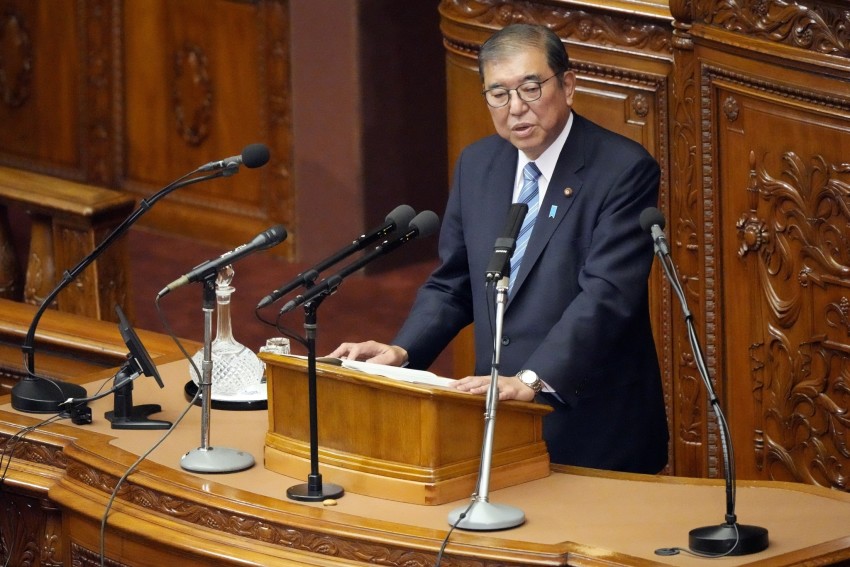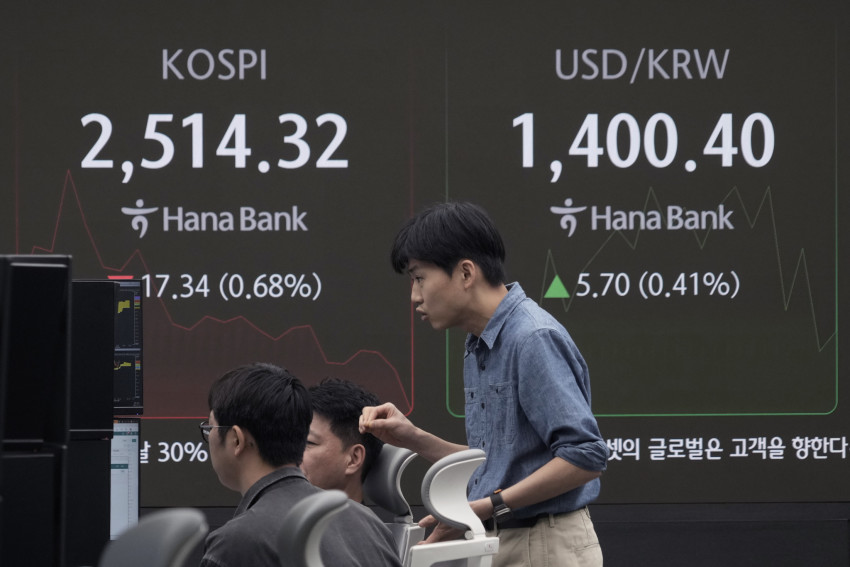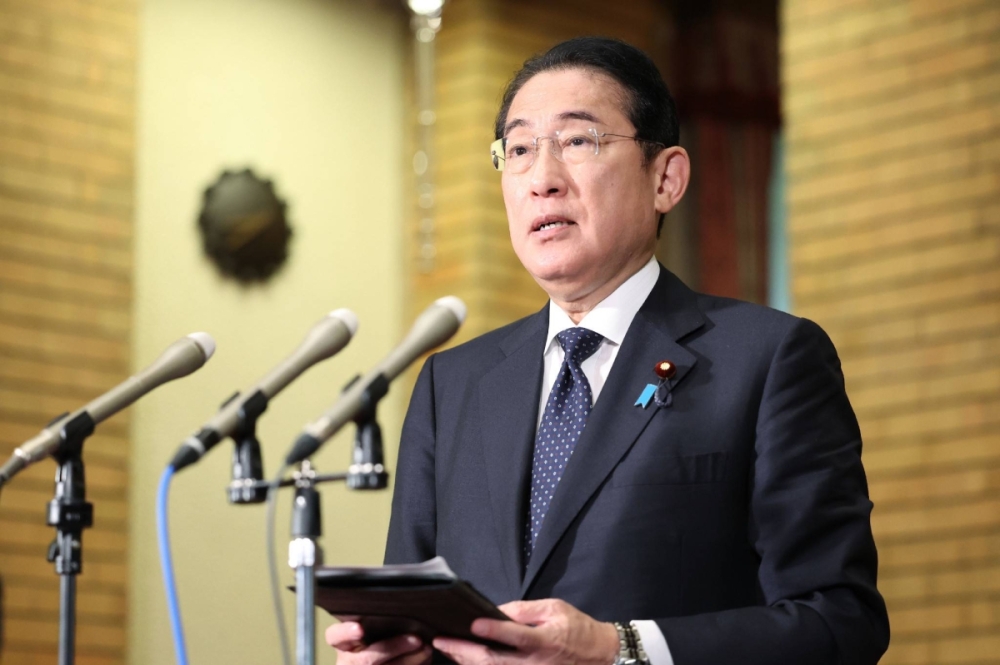Cabinet to OK ¥39 tril economic package to ease price pain

Prime Minister Shigeru Ishiba's cabinet is set to approve a 39 trillion yen economic package to support consumer spending as disposable incomes continue to be whittled away by resurgent prices, sources familiar with the matter said Thursday.
The economic stimulus will include subsidies to offset high electricity, gas and gasoline prices and deliver cash handouts to low-income households.
A plan to raise the tax-free income threshold will also be part of the package, ceding to a demand from an opposition party -- whose votes are needed for the ruling coalition, which lost its majority in last month's general election -- to pass the measures.
Still suffering the worst fiscal health among advanced countries, Japan aims to get its economy on a sustainable growth path with the fiscal support plan after posting the second consecutive quarter of economic expansion in the July-September period.
The cabinet plans to formalize the stimulus measures on Friday, with a plan to have a supplementary budget for the current fiscal year through March passed through parliament by the end of the year to fund the steps.
Helped in part by the supplementary budget worth about 13.9 trillion, the 39 trillion yen measures will include fiscal spending and loans totaling roughly 22 trillion yen with private-sector investment to be spurred under government initiatives.
Private consumption was a driver for economic growth in the third quarter of the year, sparked by a one-off income tax cut and the sharpest average wage increase in over 30 years agreed in this year's labor-management negotiations.
But subsidies for energy costs, which are slated to be or are already terminated, another spike in import costs from the recent weakening of the yen and the fading impact of the tax reduction all threaten to slow consumer appetite, economists says.
The government plans to reintroduce subsidies for electricity and gas bills and extend those aimed at curbing gasoline prices beyond the year-end deadline.
Cash handouts to low-income households exempt from resident tax and additional financial aid for those with children are also being discussed.
The Liberal Democratic Party and its junior coalition partner, the Komeito party, accepted a request from the opposition party, the Democratic Party for the People, to raise the nontaxable income level from the current 1.03 million yen in a bid to win its backing for the budget bill passage.
The DPP seeks to lift the ceiling to 1.78 million yen to boost consumption but the government estimates the proposal could reduce annual tax revenues by an estimated 7 trillion to 8 trillion yen.

